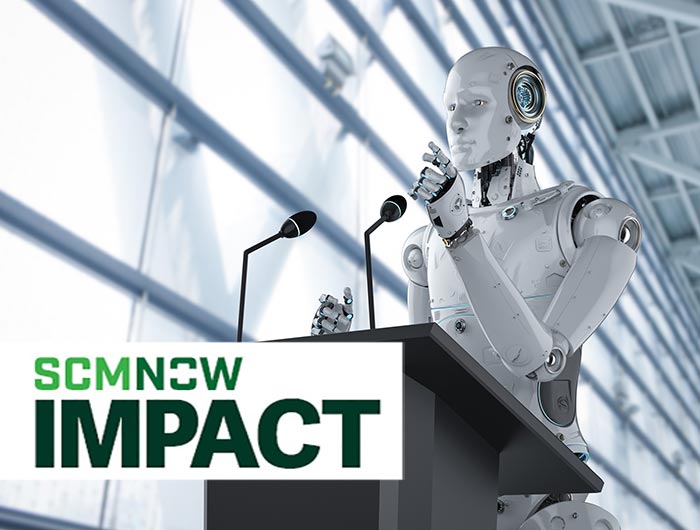Have you ever walked into a clothing store and felt completely lost in a sea of racks, styles and sizes? Or spent hours online, scrolling through endless product pages, only to end up with nothing in your cart? These common shopping frustrations may become a thing of the past, thanks to AI. The technology is transforming shopping from an often tedious and unfruitful task to an efficient and exciting experience.
AI-enabled technology is making it easier than ever for retailers to offer valuable customization — not just making product recommendations or adjusting pricing, but tracking inventory and swiftly restocking desired items. In addition, real-time dynamic pricing is enabling retailers to refine pricing strategies, boost sales and maximize profits, all while seamlessly providing a positive shopping experience, reports Forbes.
Also in stores, AI is monitoring customer shopping patterns, including which aisles people tend to linger in and which items or end caps draw the most attention. The checkout process is being streamlined with AI, as well: So-called “computer vision” aids in the use of frictionless checkout, per Intel. For customers uninterested in dealing with sales personnel, or just short on time, “human-cashier-free checkout, smart self-checkout systems and integrated video analytics that identify products when a bar code is missing or unreadable can help to eliminate the need for employee assistance.”
Overall, AI is helping retailers better understand customer demand, predict future sales and optimize buying. In fact, McKinsey reports that generative AI is poised to unlock between $240 billion and $390 billion in economic value for retailers, equivalent to a margin increase across the industry of as much as 1.9 percentage points.
In the not-too-distant future, AI will even enable visual search capabilities in which customers can look for products using images instead of text. Likewise, there will soon be a time when customers will just describe what they’re interested in, and websites will immediately provide a list of relevant suggestions.
For those of us who prefer the online shopping experience, logistics providers are also using AI to deliver our packages more efficiently and accurately. For example, DHL Supply Chain uses generative AI to quickly analyze shopper and partner requirements. And Global Chief Development Officer Markus Voss says genAI can assess data from potential customers, before designing logistics concepts, making their engineers far more productive.
The future is here; are you ready?
As McKinsey notes, the biggest difficulty in implementing AI is “rewiring” the organization — helping employees understand and employ AI to its full potential. To thrive in supply chain, whether in retail or logistics, warehousing or procurement, making the most of this technology is critical. Boost your knowledge of AI and other key supply chain solutions with ASCM’s Supply Chain Technology Certificate. You’ll equip yourself with the skills to enhance transparency, anticipate disruptions, reduce costs, accelerate delivery — and ultimately deliver a more seamless and satisfying experience for your own partners and customers.



